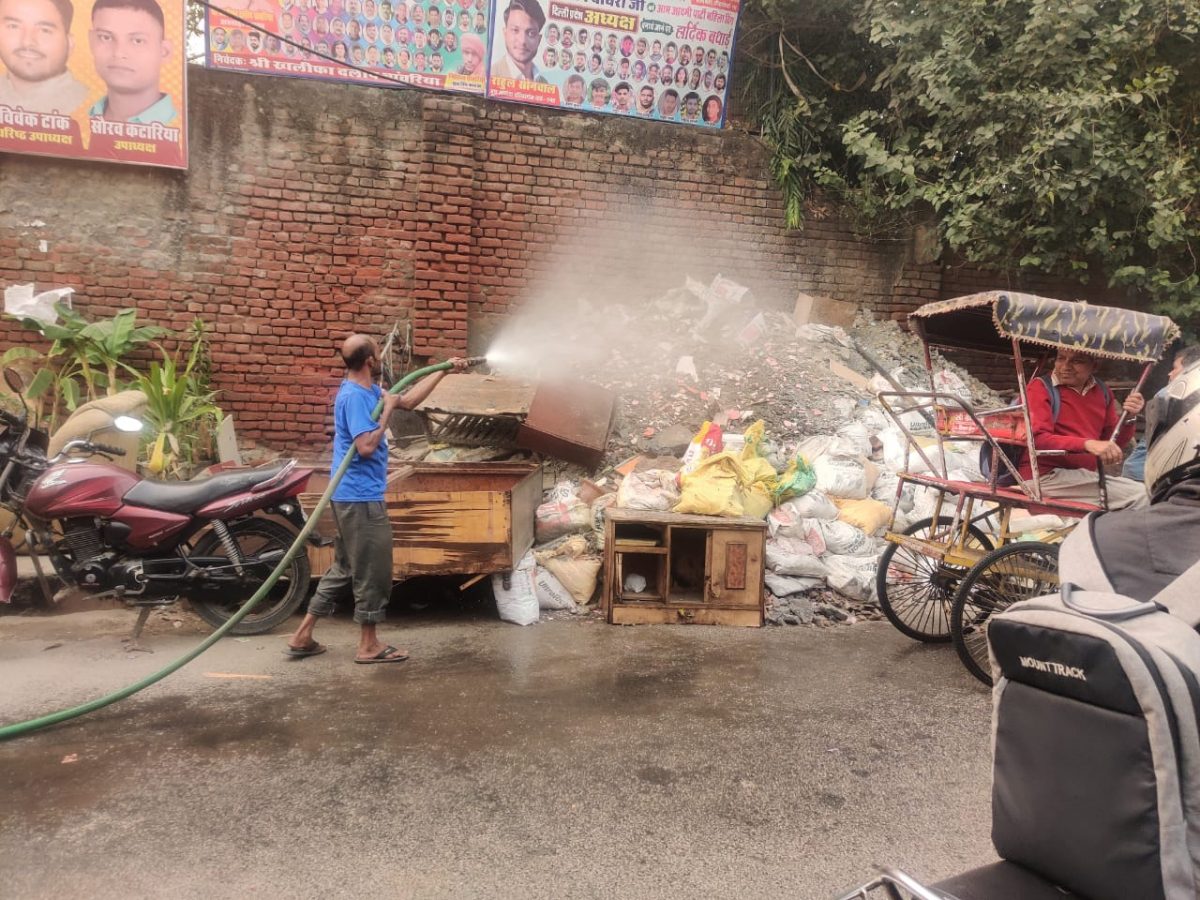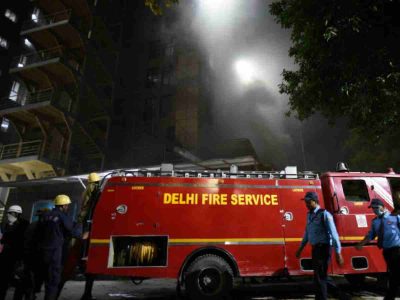The Delhi Pollution Control Committee (DPCC) has introduced a “Dust Pollution Control Self-Assessment” portal, requiring all construction and demolition projects in Delhi to register and submit regular dust control audits.
This initiative aligns with the Commission for Air Quality Management (CAQM) directives from December 20, 2021. Construction projects with plot sizes of 500 square metres or more must now register on this newly developed web portal, which facilitates online self-assessment and remote monitoring to ensure effective dust control measures are in place.
Project owners must conduct regular self-audits and submit fortnightly declarations on dust control practices. Additionally, sites within the National Capital Region (NCR) of similar sizes must install video fencing and low-cost PM2.5 and PM10 sensors for real-time air quality monitoring.
The DPCC urges builders and contractors to promptly register their projects to adhere to the updated guidelines. Once construction is completed, these sites can be marked as finished on the portal, ensuring ongoing dust control efforts and contributing to Delhi’s larger pollution reduction campaign. This initiative aims to continuously track pollution levels to assess the impact of construction activities on air quality.
As per CAQM guidelines issued on November 2, 2022, projects are also required to use anti-smog guns based on their scale. For example, projects between 5,000 and 10,000 square metres must use at least one anti-smog gun, while those larger than 20,000 square metres need a minimum of four.
Also Read: Are sensors meant to measure Delhi’s air pollution data really reliable enough?
The DPCC has also cautioned that failure to comply with these guidelines will result in penalties, including environmental compensation charges and potential halting of construction. These measures stem from orders by the Supreme Court and the National Green Tribunal to reduce dust pollution, a major factor in Delhi’s worsening air quality.
(With inputs from PTI)





